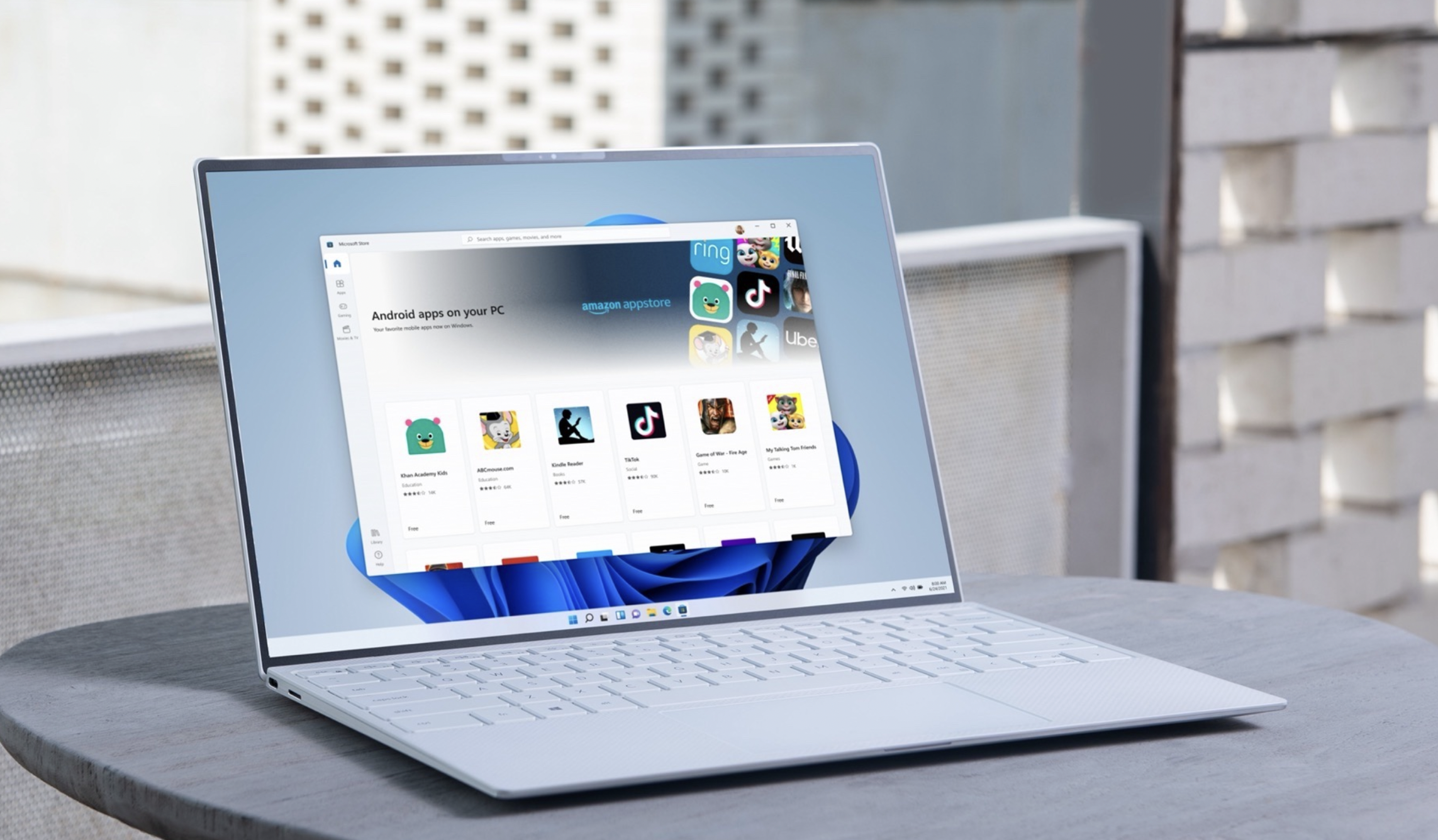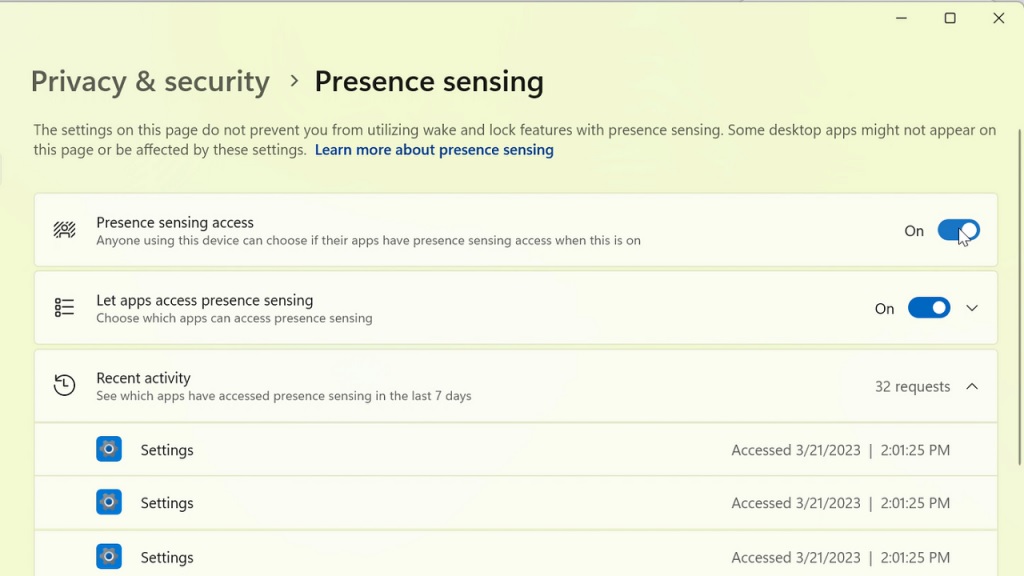
Windows 11 has been tipped for a new privacy mode that allows apps to sense when users are actively interacting with Windows devices.
Dubbed “Presence sensing” this new feature is being tested in the Windows 11 Beta preview build 22624.1610, as part of a new update to it (hat tip to Bleeping Computer). While there's no guarantee that the feature will make it out of the beta, it does seem like an interesting new way to shore up privacy in Windows 11.
Presence sensing allows users to configure whether an application can access and use APIs to determine if a user is active or not on a Windows device. It also has another function in being able to automatically lockdown sensitive information and files when a lack of user activity is detected.
Windows 11 peace of mind

You might think that such a privacy feature could be overkill, given you can already control a lot of data access on Windows 11 if you plumb the settings. And when you flip closed the lid of, say, one of our best Windows laptops, the machine is likely to lock itself down and require a password to unlock it when you return to it, unless it’s configured otherwise.
But I’ve seen plenty of people in my office simply leave their laptops open or their PCs logged in when heading off for lunch. This is a cyber security issue. So having a feature that detects when a laptop is not being actively used and locks down sensitive apps, such as email and messaging tools, as well as files and data, makes a lot of sense, especially in an office environment where hot desking is common.
As an added bonus, locking down a laptop when it's not in use can help conserve battery life, which is very handy if you’re at an event or conference and moving between areas or meetings.
There’s no clear timeline on when Presence sensing will arrive in Windows 11, but we’d not be surprised to see it pop up in the next major update.







